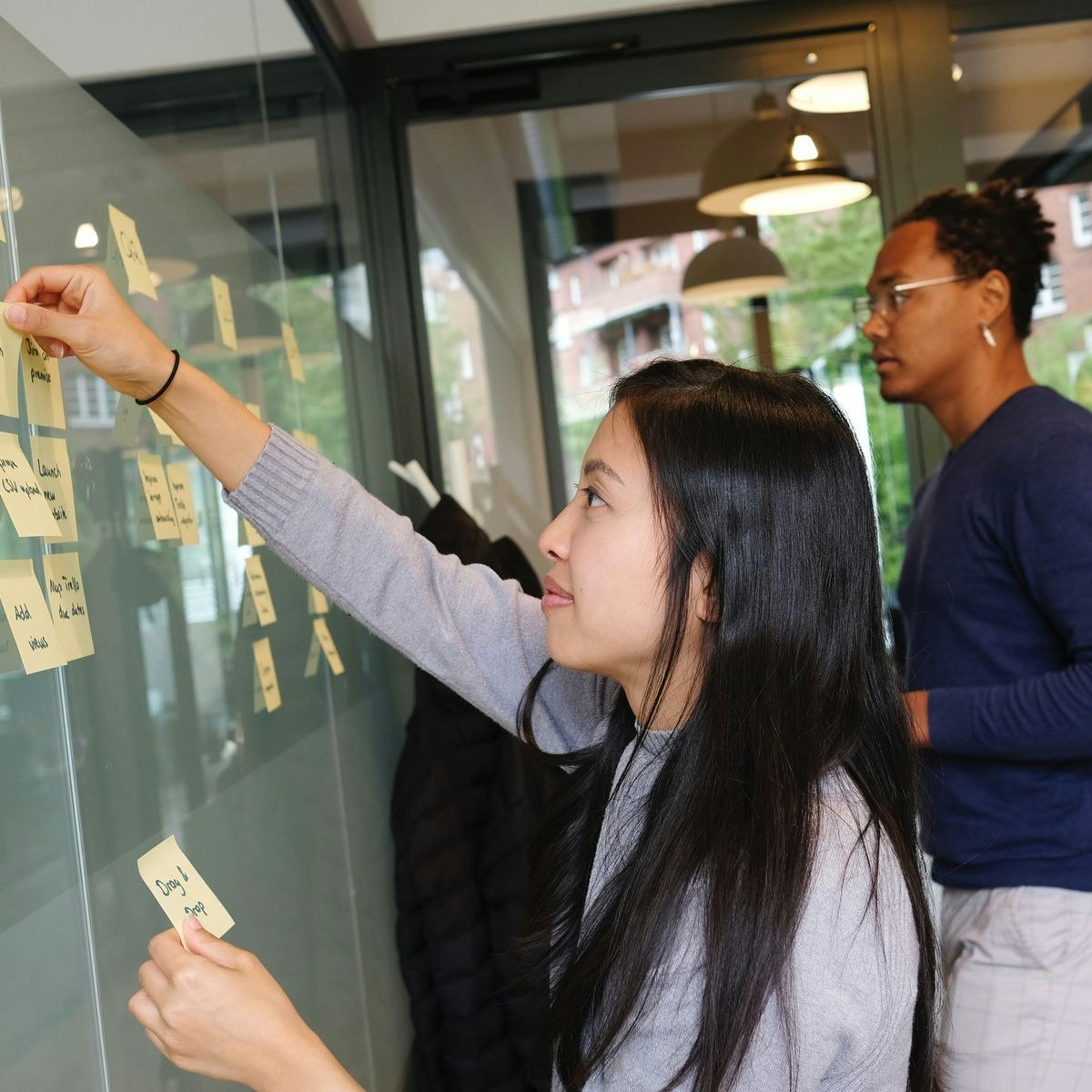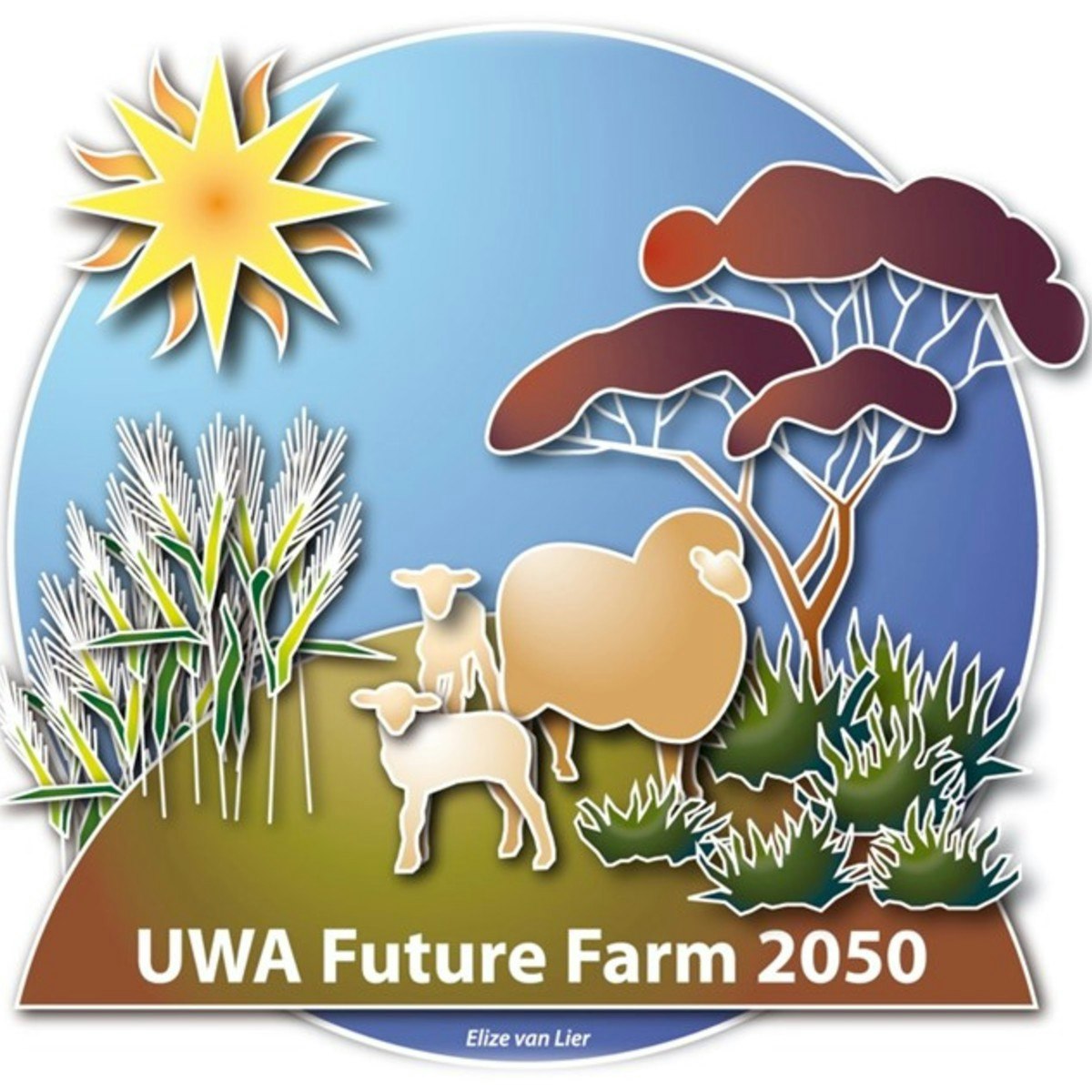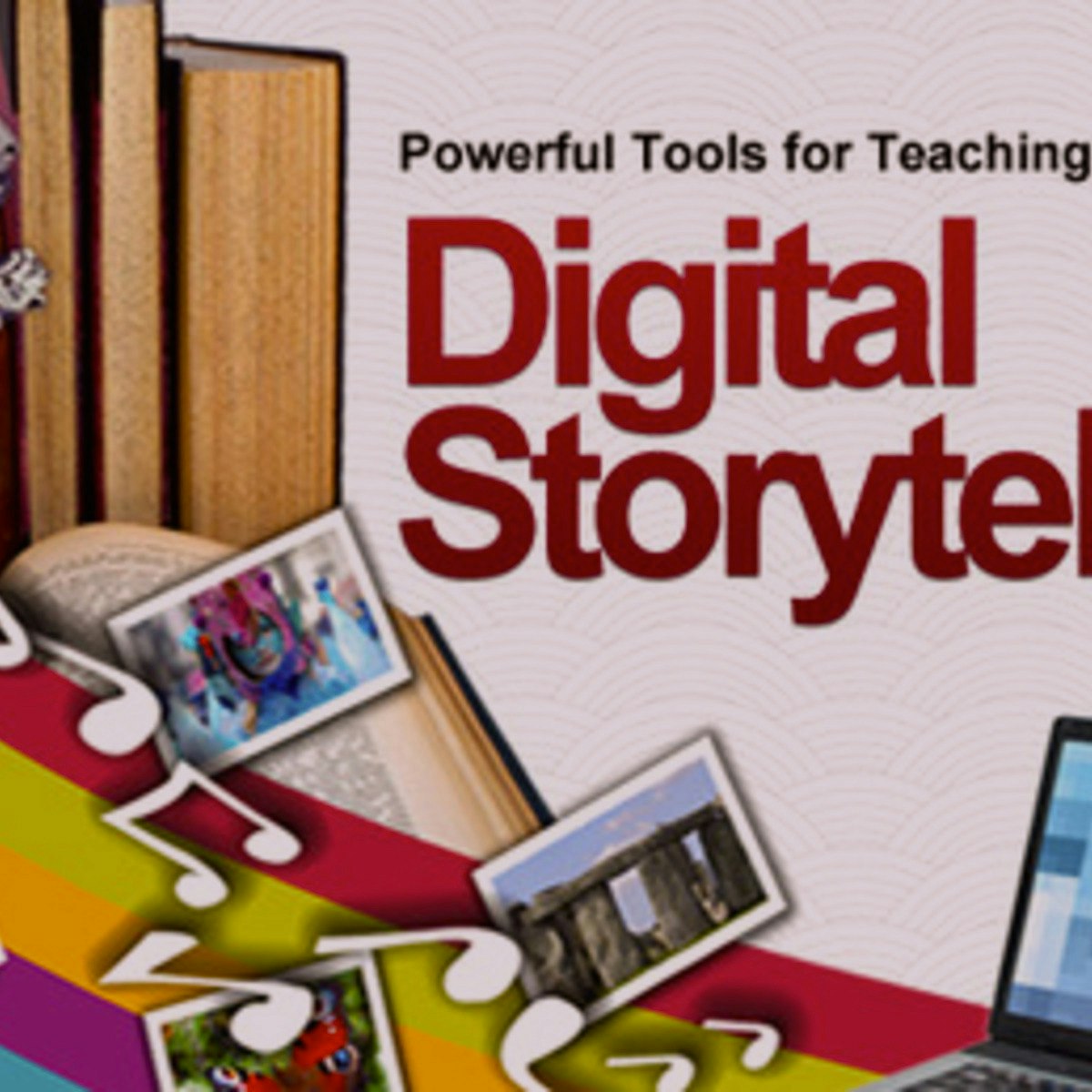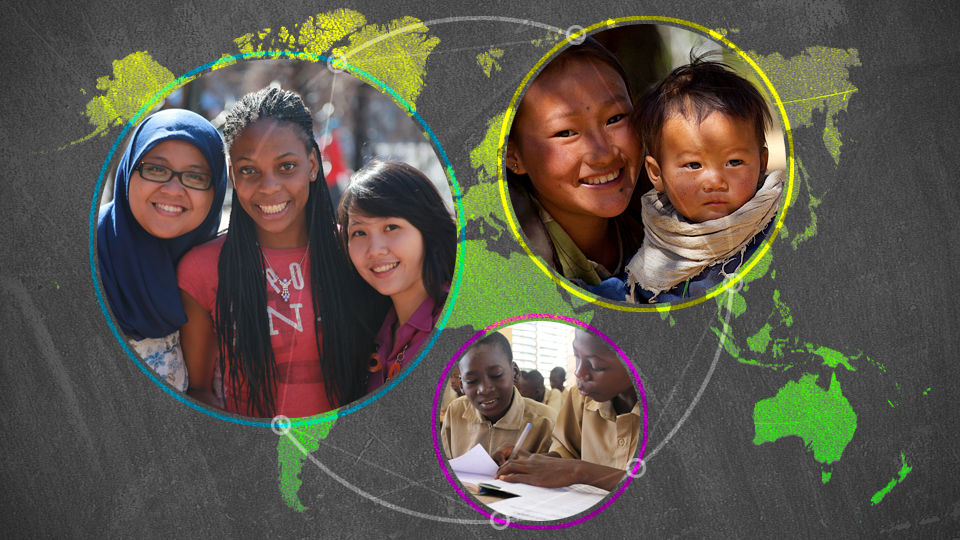Back to Courses









Social Sciences Courses - Page 34
Showing results 331-340 of 672

Planning with Climate Change in Mind
This course focuses on the climate impacts occurring and expected to occur across the United States. Our approach will be regional and sectoral, with consideration of impacts on water resources, transportation, energy, agriculture, forests, health, and coastal/marine resources. We will also look at how you can apply information about climate risks to motivate climate action in your household, in your community, or in your workplace.

Designing Effective Science Communication
Although many would prefer to leave science in the past and no longer engage with it once completing compulsory science classes in school, the reality is that engaging with science is an integral part of our daily lives. Moreover, for the safety and wellness of human society, it is necessary to engage with scientific information. We are faced with the necessity of examining scientific evidence on topics ranging from conservation to public health and make decisions that impact not only our families but those around us. However, in spite of decades of science education reform and dedicated efforts to improving science literacy, many members of the general public lack the confidence, skills, or interest in engaging with scientific issues, instead choosing to align their scientific decisions with non-scientific stakeholders, such as political or pop culture figures. These problems are ongoing and destructive. How do we communicate science more effectively with the general public? With other scientists?
This course is designed for scientists, science educators, and science communicators who are interested in re-thinking how we communicate science to diverse audiences, particularly to the general public. Topics include evidence-based considerations of human learning as well as effective communication through a variety of modalities, including oral presentations, written forms of communication, technology, and artistic media. The objective of this course is to equip learners with the skills needed to design and implement effective methods of science communication. Learners will be able to identify key principles of human learning that undergird science communication, describe pitfalls in “popular” avenues for science outreach, and apply best practices to science communication in a variety of media.

Privacy in the Western World
Welcome to this course about privacy,
We are thrilled to see that you are interested and will provide you with a comprehensive study of this intriguiging subject. We hope this course will enthuse you to look further into privacy and personal data regulation. Especially in the light of recent events it becomes more important to know about your (alleged!?) rights and freedoms.
After showing you a number of interesting examples of privacy in recent events, this course continues to provide you with an historic introduction, and varying cases and court decisions. It will guide you through the cultural and legal changes in perception of privacy over time. Sometimes with a more technological perspective. Notably, in the Western world differences have accumulated over time and the differences between the USA and Europe will be explained extensively in the follow-up courses.
Through video lectures and quizzes we endeavor to build a solid foundation for you to construct a well-founded opinion on privacy. Last but not least we sincerely hope you enjoy the course!
Prof.mr.dr. Jan Smits

Discover Best Practice Farming for a Sustainable 2050
The Discover Best Practice Farming for a Sustainable 2050 Course is based on a clear vision: imagine best practice farming for 2050, start to implement these strategies now, all the while making sure it will still be profitable. At UWA we're doing just that with the Future Farm 2050 Project, set on a mixed-enterprise farm in Western Australia and we want you to learn how it can be done in your part of the world.
Although this course is based on agriculture, it's not only about farming. It is a multi-disciplinary course that addresses a wide range of issues confronting the industry, including rural communities, rural infrastructure and conservation of biodiversity in agriculture.
By completing this course you will understand that feeding and clothing the planet requires a multi-disciplinary approach
and upon completion you will be able to explain best practices of sustainable farming and apply them in new contexts.

Legal Foundations for Entrepreneurs
By its nature, the law touches on many aspects of entrepreneurship, making it an applicable and versatile topic of study. For aspiring entrepreneurs, it's important to understand how to form the business and work with the initial customers. For active entrepreneurs, there are critical considerations on employment law and operating policies. For everyone, the role that the law plays in managing the company, and its associated risks, must be properly understood to navigate challenges and capitalize on opportunities.
With the aspiring and active entrepreneur in mind, this course focuses on the foundational elements of law. We'll begin with an introduction to the nature of law and modern legal systems and sources. Initial priorities, including what legal activities you may pursue on your own, versus when and how to select and work with an attorney, are explored. Business formation choices and considerations are also central points of discussion. Employments laws and liabilities are examined, with the closing topic being entering and existing your business.
"Legal Foundations for Entrepreneurs" is one of three courses in the "Legal Aspects of Entrepreneurship Specialization" by Coursera and the University of Maryland. This specialization explores the critical legal and business issues entrepreneurs face as they build and launch a new venture. Learners examine real-world scenarios and address legal and business issues from ideation to all of the important junctures along the path to success. Significant attention is placed on new venture formation, intellectual property management, and contracts and financing arrangements.

Revolutionary Ideas: Utility, Justice, Equality, Freedom
What is the purpose of government? Why should we have a State? What kind of State should we have?
Even within a political community, there may be sharp disagreements about the role and purpose of government. Some want an active, involved government, seeing legal and political institutions as the means to solve our most pressing problems, and to help bring about peace, equality, justice, happiness, and to protect individual liberty. Others want a more minimal government, motivated, perhaps, by some of the disastrous political experiments of the 20th Century, and the thought that political power is often just a step away from tyranny. In many cases, these disagreements arise out of deep philosophical disagreements.
All political and legal institutions are built on foundational ideas. In this course, we will explore those ideas, taking the political institutions and political systems around us not as fixed and unquestionable, but as things to evaluate and, if necessary, to change. We will consider the ideas and arguments of some of the world’s most celebrated philosophers, including historical thinkers such as Plato, Aristotle, Thomas Hobbes, John Locke, Immanuel Kant, Mary Wollstonecraft, and John Stuart Mill; and more contemporary theorists such as Elizabeth Anderson, Isaiah Berlin, Thomas Christiano, Frantz Fanon, Amy Gutmann, Friedrich Hayek, Robert Nozick, Martha Nussbaum, Julius Nyerere, Ayn Rand, John Rawls, Peter Singer, and Kok-Chor Tan.
The aim of the course is not to convince you of the correctness of any particular view or political position, but to provide you with a deeper and more philosophically-informed basis for your own views, and, perhaps, to help you better understand the views of those with whom you disagree.

Pricing Options with Mathematical Models
This is an introductory course on options and other financial derivatives, and their applications to risk management. We will start with defining derivatives and options, continue with discrete-time, binomial tree models, and then develop continuous-time, Brownian Motion models. A basic introduction to Stochastic, Ito Calculus will be given. The benchmark model will be the Black-Scholes-Merton pricing model, but we will also discuss more general models, such as stochastic volatility models. We will discuss both the Partial Differential Equations approach, and the probabilistic, martingale approach. We will also cover an introduction to modeling of interest rates and fixed income derivatives.
I teach the same class at Caltech, as an advanced undergraduate class. This means that the class may be challenging, and demand serious effort. On the other hand, successful completion of the class will provide you with a full understanding of the standard option pricing models, and will enable you to study the subject further on your own, or otherwise.
Prerequisites. A basic knowledge of calculus based probability/statistics. Some exposure to stochastic processes and partial differential equations is helpful, but not mandatory. It is strongly recommended you take the prerequisites test available in Unit 0, to see if your mathematical background is strong enough for successfully completing the course. If you get less than 70% on the test, it may be more useful to work further on your math skills before taking this course. Or you can just do a part of the course.

Working for a sustainable future: concepts and approaches
In this course, participants are introduced to key notions and concepts evolving in sustainability science that are relevant to all, independent to one's work or field of interest. After having completed the course, participants will have a better understanding of the vocabulary used today and should demonstrate the ability to reflect critically to integrate different perspectives of environmental, social, and economic sustainability to their specific area of interest or research.
Throughout the course, links are made to the Agenda 2030 for Sustainable Development, as our current global road map towards sustainability, and how new approaches and solutions are emerging to describe, understand and address key sustainability challenges. Put simply, the overall aim is to give participants the knowledge and confidence needed to present and discuss ideas with others by applying methods, concepts and the vocabulary exemplified in the course with a more holistic view on the sustainability agenda across topics and disciplines.
The course is designed as 5 modules:
The first module presents essential concepts within sustainability science, and methods used to describe, frame, and communicate aspects of sustainability. We look at key questions such as what we mean with strong or weak sustainability, resilience, tipping points and the notion of planetary boundaries. We also look at some techniques used of envisioning alternative futures and transitions pathways.
The second module is all about systems thinking and how systemic approaches are applied today to achieve long-term sustainability goals. Your will see what we mean with systems thinking and how systems thinking, and design is applied in practice to find new solutions.
The third module touches upon drivers for a sustainable future, namely links to economy and business with an introduction to notions of a circular economy, and also policy and regulatory frameworks. We introduce the basics of transformative policy frames and how they are designed and applied through several real-case examples.
The fourth module discusses the links between innovation and sustainability, highlighting approaches for technological, social, institutional, and financial innovations. Some examples (or cases) aim to show how different actors across society balance in practice the need for innovative approaches for social, environmental, and economic sustainability.
The fifth and last module provides general insights on how we work with models to create various scenarios that help us identify solutions and pathways for a more sustainable world. Three main dimensions are addressed namely climate and climate change, nature and biodiversity, and the importance of data and geodata science to support spatial planning and sustainable land use.
This course is brought to you by Lund University with input from four external contributors:
- Lund Municipality, Sweden
- DigIT Hub, a cluster organisation for digitalisation in society based in Lund, Sweden
- Forum for Social Innovation Sweden, a national network across 5 universities
- Sustainable Business Hub, a cluster organisation for smart sustainable cities, based in Malmö, Sweden

Powerful Tools for Teaching and Learning: Digital Storytelling
Powerful Tools for Teaching and Learning: Digital Storytelling introduces educators to digital storytelling and explores ways to use digital stories to enhance students’ learning experiences. The course is designed to be comprehensive yet fundamental. By comprehensive we mean that the course provides a solid foundation for all of the components of a digital story and illustrates these components with tutorials, example stories, and links to additional readings. The course also provides a hands-on opportunity for learners to create their own digital stories. The course is fundamental because it covers the basic process of creating a digital story starting with just a simple script and as little as one image.
This course is intended for K-12 teachers in all disciplines, although it is open to anyone with an interest in digital storytelling. Course participants will use WeVideo (https://www.wevideo.com/), a free web-based video editing program, to create a digital story that could be shared both online and with students in the classroom. Teachers in the state of Texas may be eligible to receive Continuing Professional Education units if they complete the major requirements of the course.

Global Adolescent Health
This course will explore the dynamic factors affecting the health and wellbeing of young people around the world, and how important it is for individuals, communities and nations that we improve the health and life chances of this important population group.
With over 25% of the world’s population aged between 10 and 24 years, today’s generation of young people is the largest in human history. As the future leaders and drivers of growth, productivity and innovation, young people are our greatest assets, and investment in their health and wellbeing has social, economic and other benefits that continue across the lifespan and into the next generation.
In this course we will adopt a life-course framework to take a holistic view of youth health and wellbeing. We will explore changing patterns of adolescent health and development, including why adolescence is starting earlier and ending later; how puberty and adolescent brain development may shape future health; and how what happens in adolescence can affect the start to life for the next generation. We’ll also look at the major health and social issues affecting young people and ways of addressing these through policy, practice and programming.
COURSE FORMAT:
This course comprises short video lectures and interviews, required and recommended readings, online discussion, quizzes and written assignments. There is no required text for this course and all readings are provided.
DO I HAVE TO PAY FOR THIS COURSE?
No- you may access 100% of material in this course for free. You are also welcome to do as much or as little of the course as you like, including all (or none!) of the assessment tasks- it all depends on your learning goals. The option to pay for this course is there for those who wish to receive a Course Certificate as evidence of completion (which does require you to attempt and successfully pass the assessment tasks).
WHO IS THIS COURSE FOR?
This course will be relevant for anyone with an interest in the health and wellbeing of young people. You do not need to be of any particular personal or professional background to benefit from this course, but having some basic undergraduate study experience will be helpful to your learning (particularly if in a health related field).
WHAT IS THE MOST INTERESTING THING I'LL LEARN IF I TAKE THIS COURSE?
You’ll learn how so much of what happens during adolescence can impact not only the future health of individuals, but the health of the next generation as well. You’ll develop a greater understanding of the key factors impacting upon youth health and learn how to be a better advocate for the health and wellbeing of young people.
View the MOOC promotional video here: http://tinyurl.com/z5l4mod
